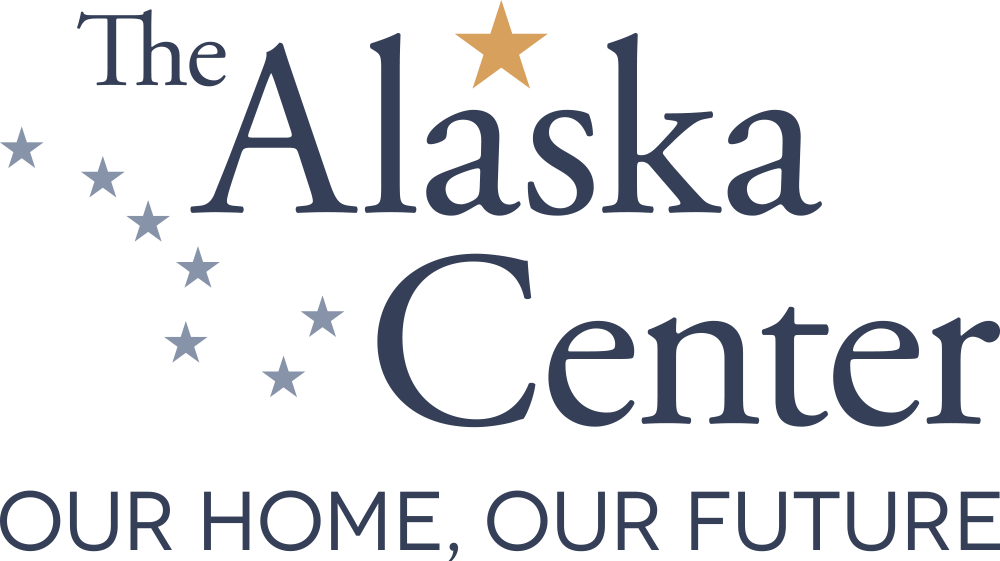
Earlier this fall, we wrote to you about the importance of the regulatory world of policy. Before we shift some of our attention back to Juneau and what the newly elected bipartisan majority coalitions can accomplish, let’s talk regulations.
Net Metering
The Regulatory Commission of Alaska (RCA) is considering changing how many people can participate in net metering. “Net metering” is best explained by an example: our Co-Executive Director, Chantal, has solar panels on her house. When those solar panels are not enough to power the whole household, she pays for extra power to be supplied by her utility. When her solar panels harness more energy than she needs, the utility buys that energy back from her to use elsewhere in the grid.
The RCA currently limits the overall number of households who can participate in programs like this by setting a cap: each utility can only receive 1.5% of their overall power from net metering. When one of the utilities wants to go beyond that, they have to request permission from the RCA and get approval – wasting time and resources that could be better spent on other issues.
Now, the RCA is considering raising that limit to somewhere between the current 1.5% and a much larger 20%. By allowing more households to add generation on their own properties, this could reduce our overall need for natural gas and help us better conserve the limited resource.
We reached out to some of our members about this, and you came through. We saw eleven original comments in favor of raising the cap from supporters of The Alaska Center, and more from our partners and friends. The RCA has yet to issue a decision on the issue, and we will be watching closely to see what the next step is in the process.
Planning Leadership
Meanwhile, the Railbelt Reliability Council (RRC) successfully hired a President and CEO. Edward Jenkin will begin acting in this role on January 3, 2025. His background at Matanuska Electric Association included a focus on energy transformation, sustainable technology, and reducing the environmental impact of the utility. We look forward to seeing what President Jenkin can achieve as he leads the RRC through the planning process for the entire railbelt energy grid.
The RRC is in charge of completing an Integrated Resource Plan for the railbelt energy grid. They have an opportunity to create a plan that brings as many renewables online as possible to meet the demand of the railbelt while moving us off of fossil fuels and to a safe, reliable, and sustainable energy mix. We know that a large percentage of renewable energy is the lowest-cost option for our future, and we are excited to see new research indicating that grids with more renewable energy integrated are also more reliable overall.
Public involvement committee meetings of the RRC are open to everyone to attend, and we expect to see additional opportunities to specifically engage in the Integrated Resource Plan development. If you are interested in getting involved, contact our Climate & Salmon Organizer, Zoe Cramer at [email protected].
Our work at the state level is crucial to securing a reliable, renewable, and safe future for Alaskans. Please help us shape the future of clean energy in our state by getting involved with our regulatory advocacy in 2025!
Share this Post

